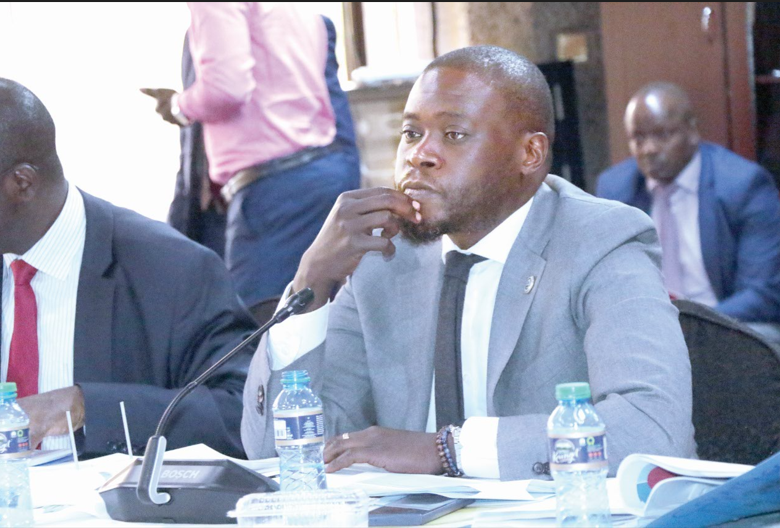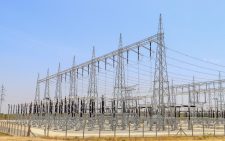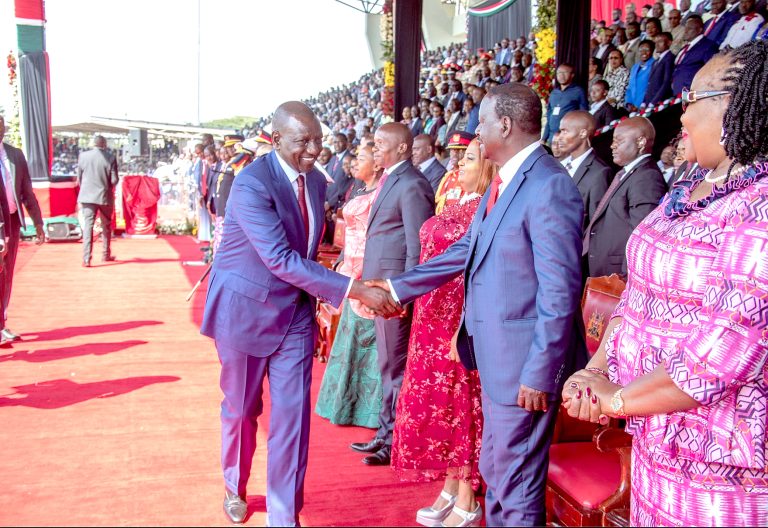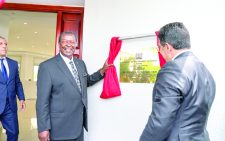Climate meet a wake up call for circular economy

When I pass the Outering Road, I ensure the window is rolled up, not for fear of neighborhood hoodlums who are notorious for snatching phones, but the stench from lorries transporting garbage to the Dandora dump site.
These people do a good job taking away what would otherwise turn into heaps of garbage in our estates, markets, and shopping centres.
You see, Nairobi is among the fastest-growing cities in the world and its population increases annually. For years, we have been dumping garbage and praying that somehow it will burn or get sorted by some unorganized gangs at the Dandora dumping site.
The case of Dandora, is just a reminder of what we have probably refused to do as a nation – leverage the circular economy as a multi-billion business – by doing the same thing since independence and hoping for a different result.
This is a multi-billion-shilling industry that can employ millions of youths and raise revenue for the government if we consider investing in cottage industries along the value chain.
The governor of Nairobi must lead in the move to leverage garbage as an economy to spur growth in the county, and it is possible. He should at least try because this might just be the easiest way to further industrialise the county.
And he does not have to look far for inspiration. This reminds me of Michuki Park and how the audacity of one John Michuki dared to change what was a den of thieves into a thriving green park. That is the kind of resolve that Nairobi’s leadership should consider.
I believe that if the county can forget about the garbage cartels and repurpose the billions spent to just dump garbage in Dandora to organize collection and sort them as ready raw material targeting plastic, organic and metal-oriented cottage industries, we will get millions of youths in gainful employment.
For example, it is mind-boggling how much biogas can be harvested from the Dandora garbage. How many tonnes of plastic can find their way back to the factory if we were just a bit organized? The opportunities are endless.
Looking at the Nairobi River again, which was one of other key projects that John Michuki also tried to rehabilitate. I shed a tear because it has since turned into a brown sludge and as it slowly meanders from Michuki Park towards Ruai, it carries the shame of Nairobi in its flow.
That we should still be talking about this filth yet there is a Nairobi River Commission that draws taxpayers’ money to sort out the mess is laughable.
That a ministry that should be in a position to oversee a cleanup of the river is sitting pretty is surprising. And of course, that some people along the riparian section are intentionally unleashing the mess into the river is the epitome of madness. Then there is us, the citizens, sitting pretty as all this happens.
Now, this rant is because Nairobi is hosting a major conference on climate change.
Kenya is among African countries complaining that while the continent contributes the least to global warming, it is the most vulnerable to the shocks of climate change and, therefore, has special needs and special circumstances warranting financial support to mitigate against and adapt to climate change.
We should also look at the mirror and ask ourselves tough questions. According to the 2022 Climate Vulnerability Index, nine of the 10 most vulnerable countries are in Sub-Saharan Africa.
Further, the Intergovernmental Panel on Climate Change’s 2022 Climate Change Report confirms that East Africa is among the global hotspots of human vulnerability to climate change.
The discussions in Nairobi will include Africa’s claim for around $500 billion in climate finance by 2030. If used properly, the funds will go a long way towards changing our environment.
However, questions abound regarding how prepared African countries are towards making the changes they aspire to on paper.
The case of Nairobi is a wake-up call, and as the city hosting the conference, hopefully in that period, Nairobi can at least do some soul-searching and come out with an answers to turn the Dandora dumping site into a multi-billion circular economy or at least come up with a plan to make the Nairobi River clean.
—The writer is the Business Editor, People Daily












